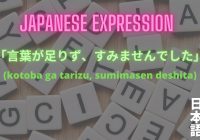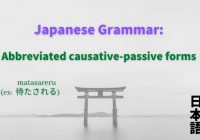Manga review: Oyasumi Punpun (おやすみプンプン) by Inio Asano (浅野いにお) [Volume 1]
When exploring the spacious Kinokuniya in download Portland the other day, I couldn’t decide what to buy so I ended up picking up on a whim the first episode of “Oyasumi Punpun” by Inio Asano. It has a pretty simple cover that is pure yellow, except for an embossed image on the front that I… Read More »









